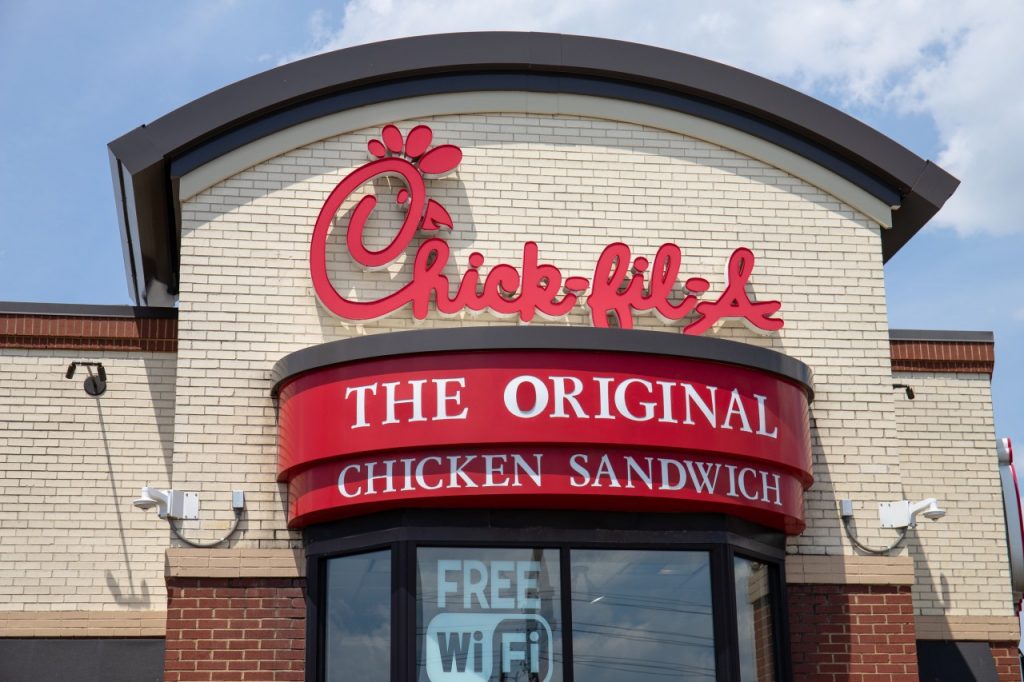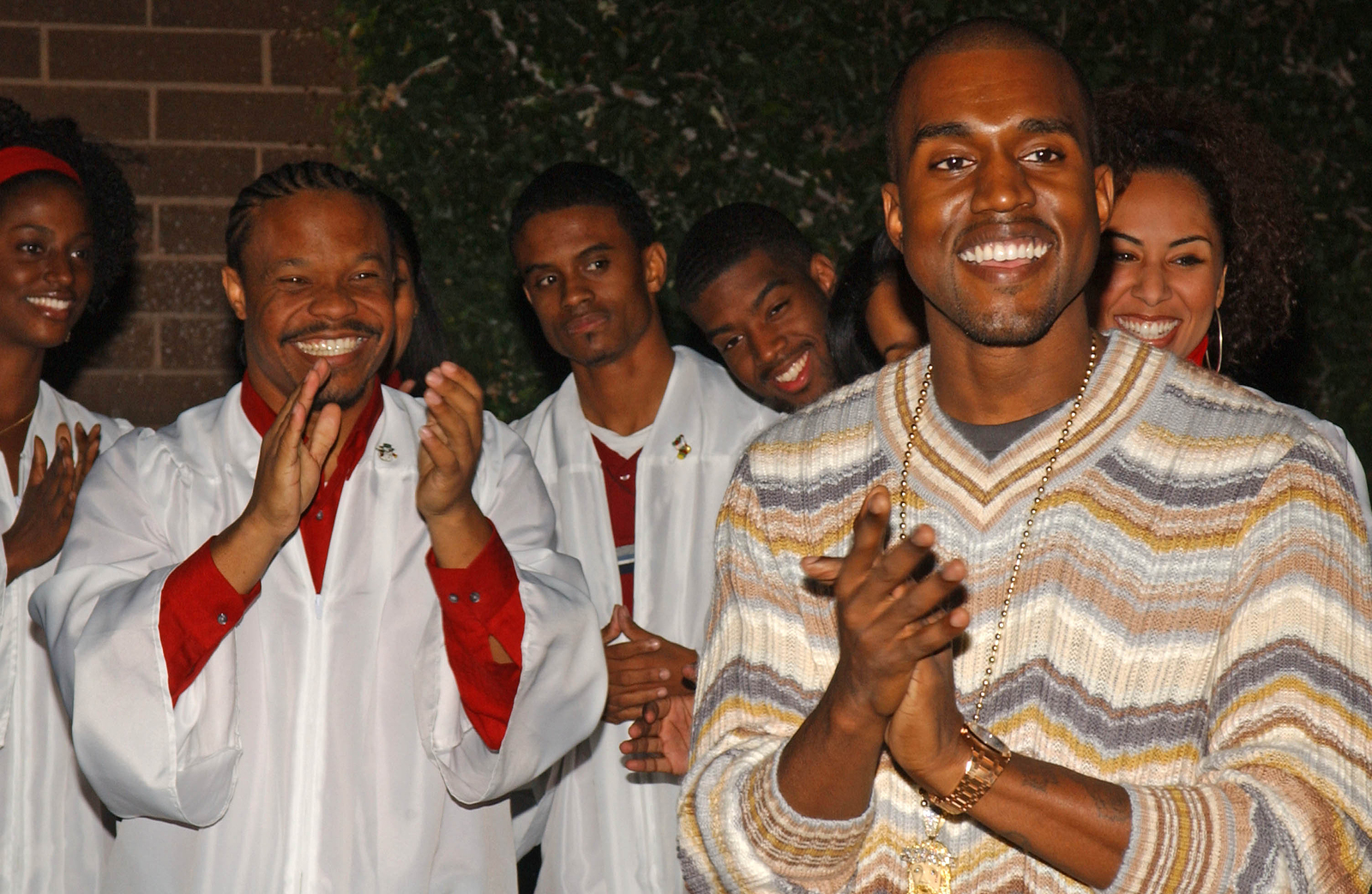
by Caleb Moore | Dec 9, 2019
There is an aspect of Christian thought that falls into the
moral philosophy category that all children should know.
I know when I use words like “moral philosophy,” some readers
might began to fall asleep. Such a phrase can sound like a discussion reserved
for academics. However, this topic is rather easy and exceedingly important.
There are ways of thinking about what is right and wrong
that is different than what the Bible teaches. For example the current
mainstream way the world views morality is through a lens called moral
relativism. This means that they believe right and wrong can differ from person
to person. It’s all based upon emotion and if it feels good it must be good.
We say things like, “to each their own” or “as long as they
aren’t hurting anyone who cares?” The reason this view is so popular is because
it makes everyone his or her own judge of what is right and wrong. Most people
believe they are a good person, so it makes sense for them to have a morality
that always reaffirms that.
There is a big problem with this view, though, and teaching
it to your children hinders them to see the value of believing in God. If
morality is relative then nothing is really evil.
Each society would be free to invent whatever rules they
want. If enough people deem something to be good, an entire country could
justify doing evil simply by redefining what is right and wrong.
This is exactly what happened in Germany under Nazi rule.
Good was redefined by those in power to such a degree that the murder of Jews
was considered a morally good thing.
When the Nazi soldiers who operated the concentration camps
were brought before the world court, they appealed to moral relativism. They
claimed that it was okay, according to the rules their society had constructed,
and just because our group disagreed with their group did not make their
actions evil.
This should really help you understand the problems with
moral relativism. We responded by reminding them that there is a rule of law
above man’s, and because we rejected moral relativism, we could punish those
who committed those horrendous crimes.
Though our world might call certain things good or bad, they
are only good or bad at this current time and are subject to change rather
quickly. We have seen just how fast morality can change in the last 50 years. What
was acceptable on television and in the bedroom has totally been redefined by a
world with no compass to guide these changes other than the feelings of those
in charge.
This is why it is important to give your kids the gift of
understanding biblical morality. We are not slaves to our impulses and
emotions. We have something outside ourselves that guides and directs us. We
don’t have to try to keep up with an ever-changing world and the new rules it
invents. We can know for certain what is good and what is evil because God has
clearly communicated it to us.
The way I explain this to young kids is to ask some basic
questions. Is it wrong to steal? Did you know some people like to steal? They
find it exciting and think the world owes them something, so they don’t believe
it is wrong.
If someone likes to steal is it still wrong? Of course it is,
because our feelings don’t determine truth. Sometimes you are going to feel
like something is good and true, but we must always test it according to what
God has said so we don’t make the same mistake as those who think it is okay to
steal.

by Caleb Moore | Nov 25, 2019
There is a scene in the first Spider-Man movie from 2002
that pops into my head fairly often. It’s the scene where the villain tells
Spider-Man, “the only thing the world loves more than a hero, is to watch a
hero fall.”
I felt like this statement was true over the last week as pastors
and bloggers rushed to condemn a restaurant because they changed which
charities they financially support. Why would the collective evangelical voice
be in such uproar? To be fair they still give millions of dollars to end
hunger, and help the poor and marginalized.
It almost seems like this Christian outrage is a seasonal
allergy. Remember when everyone got upset at Starbucks for their red cups? That
was around this same time of year.
This overreaction gets picked up by a media that loves to fan the flames. Our response seemed so quick and fierce, going so far to say that this fast food giant had betrayed us somehow.
If you haven’t noticed I haven’t mentioned it by name except for the title because I want you to remember that we are talking about a restaurant that serves good fries and chicken and not an individual.
Restaurants are mostly amoral. There are a few exceptions that use immorality as the main theme for their customers, but that would not apply here. Basically, restaurants are just buildings with a kitchen and seats. They cannot be good or bad morally; that is reserved only for individuals.
But it is not an individual we are angry at; it’s some
unspoken collective of leadership that we think is caving to social pressure.
You don’t know the names of these people, nor do you know all the reasons for
this decision. Facts like this should firmly apply pressure to the break pedal
of our brains.
I think one of the reasons people get so upset by this is
because of the value they associate with this food chain. It’s like a Golden
Calf that makes them feel like their own values are good and righteous.
In a society of believers with a shallow faith, some people need
these little victories to make them feel as though they are winning the culture
war. It’s totally possible some have delegated their charity and voice to such
an entity, and when it doesn’t meet their standards, they fear they might have
to do the work themselves.
I’m of the opinion that this fast food chain still has better morals then those
who critique or praise their every decision. They give more money to charity
than many believers; they are always closed on Sunday, but many of us don’t
always go to church on Sunday. Their staff is always friendly even if someone
is rude; we tend to be nice only when other people are nice to us. Lastly, they
serve everyone, and we tend to give attention to those who are similar to us.
I imagine that if they still had the service and food that they do, it would
still be extremely popular, regardless of what their founders believed. I’ve
never decided which restaurant to eat at by asking what their charitable
contributions are. Instead of us being mad at them, I think it’s more
reasonable for them to be mad at us for acting more like the world and less
like Jesus.

by Caleb Moore | Nov 14, 2019
A few days ago a young mother came to get some food and
clothes that our church offers to people in need. She was in her mid 30s and
was wearing a gay pride t-shirt. As I visited with her, she began to tell me
about the difficult path her life is on at the moment.
After being injured from work and let go, she struggled to
make ends meet, and her wife was diagnosed with bone cancer. They were doing
all they could just to keep her alive and healthy as long as possible, but it was
getting worse.
For those of us who are comfortable, it can be difficult to
imagine what it would be like to struggle so hard in life.
After our visit I invited her and her wife to our church.
She smiled and told me that I seemed like a nice person, but she wouldn’t feel
very comfortable due to their last visit to a church that went south really
quickly. She explained how the last church they had visited told her kids that
unless their parents get a divorce they would all go to hell. As someone who
has been damaged by the church, stories such as these just tear my heart apart.
After some more discussion, I promised her that at our
church she would feel loved and supported as her wife battled cancer. Sure, we
may have a different moral foundation when it comes to sexuality, but this
wasn’t the time or the place to focus on that issue.
Most LGBTQ people know what Christians believe on this
subject, but what they don’t know is how much God loves them. They don’t know
this because all we communicate is justice and not compassion.
In the churches pursuit of holiness, we have spent a lot of
time talking about what is sinful. We have worked hard to cleanse ourselves of
all unrighteousness, but have we done so in the wrong way?
If your pursuit of holiness makes you look down your nose at
those who are lost then you didn’t pursue holiness at all. You pursued
pride. Don’t forget that you were once
like everyone else, and it was Gods grace alone that set you free.
This conversation made me think of the story of
Zaccheaus. He was hated by Jews and
Romans—a social outcast of the highest degree. Jesus saw this outcast and told
him, “Hurry, I must have dinner at your house.”
Instead of being disgusted by his sins, like all the other
religious people, Jesus saw someone who was begging to be set free. The love of
Jesus was so strong that Zaccheaus repented and was saved. Jesus showed him
grace, and the Spirit did the convicting.
This may be difficult for some of you because you have spent very little time
with anyone from the LGBTQ community. You may have the urge to bring up the
obvious issues as soon as possible, maybe even the first day they show up.
If you are wondering when you should show grace and when you
should speak truth just ask yourselves how long would you need to know someone
before they started asking personal questions about your sex life?
The relationship comes first and then the theology. We have inherited
a ministry of kindness and should copy what Jesus did.
We should run to the LGBTQ community and invite them over
for dinner—not because we approve of their morality but because they are people
to be loved just like anyone else.
If you are truly seeking holiness then being a morality snob
is not part of the formula. Lost people will always act like lost people. They
have no other choice. So open the doors of your church a little wider, know
people a little better, love a little more and watch what the Holy Spirit does
to the spiritual vagabonds who wander in.

by Caleb Moore | Oct 30, 2019
In 1979 Bob Dylan was the king of counter culture when he
shocked the world by releasing an album that had songs detailing his Christian
conversion. The evangelical world rejoiced at this cultural victory, though
that celebration would only last until around 1982 when he returned to Judaism.
This kind of history gives some people pause in celebrating
the recent public conversion of Kanye West to Christianity. We are fully aware
that it’s not the beginning of the race but the end that shows if a person has
truly converted.
That being said, I will gladly celebrate anyone who says
they have converted to Christianity and speaks boldly about God. I’ve listened
to his many interviews, and Kanye seems to be on point. He even states that he
is not a theologian because he is a new convert, which is a sign of great
humility. His wife, who is one of the most influential women in our culture,
even posted three simple words to her Instagram account, “Jesus is King.”
In some weird way I feel embolden by the way Kanye talks so
openly about Jesus. Lately, it has seemed as though the culture was winning and
not the Kingdom. Pop culture and television spend a fair amount of time mocking
the Christian faith. We are portrayed as dumb and naïve. The most popular shows
on television have been so full of violence, nudity and language that I could
not participate in the cultural conversations around these shows. It felt as
though we had been pushed back into the corner and forced to wear a dunce cap.
Christians were becoming culturally irrelevant; churches all
around me are shutting their doors, and it is getting harder and harder to
reach people with the Gospel. I think we just needed this win. I know,
theologically, we already have won. The battle is over, but the human side of
me was a little discouraged. It just feels really good to hear someone who was
such a cultural force say they were wrong and Jesus is king.
Kanye West has talked more about Jesus in a week than some
Christians have talked about him in years. Perhaps this is the permission that
some of you needed in order to be more bold about your faith. Sometimes, just
being reminded of how radically you have been changed can re-light that old
fire burning within you.
To see someone on primetime television talk about being
saved by Jesus is a reminder that the culture will always need a king. You know
His name; you know His Gospel, and if you see me standing on the street corner
declaring “Jesus is King,” well, Kanye made me do it.

by Caleb Moore | Oct 24, 2019
What’s your calling? This a very “Christian way” to ask how
you participate in the work that God is already doing in this world.
I ask this question regularly, and most of the time the only
response is, “I don’t know.” It seems strange that we still struggle with this
because we’ve taken spiritual gift tests, been to seminars or had a pastor help
us get “plugged in” at our local church.
In spite of all of these things, many people still just
don’t know where they fit in.
Perhaps I was lucky when it comes to this. I’ve always been
a talker and a writer, so talking and writing about God was an easy match. It
also helped that I had no other skill to fall back on, if this course of action
did not bear fruit.
It’s possible that the ease with which I found a way to be a
part of God’s work has some implications to those who are struggling. God wants
you to do what you enjoy doing. Although that advice is simple, I do think I
might be able to be even more helpful.
As I thought longer about this, I realized that, although I
do love to teach and write, those are simply the gateways to do something I
find even more fulfilling. The way I serve God the most is by helping people
see God more fully.
My vocation isn’t my calling. However, it does allow me the
opportunity to get one-on-one time with someone and to help them move forward
in their life. It would be easy for me
to sit in my office studying and writing all day without talking to anyone. The
real joy doesn’t come from the sermon I preach or some article I write. The
real joy comes from talking with someone, anyone about why I love God so much.
Using your gift to find your place in the church isn’t your ultimate calling.
Loving those around you with the love of God is.
Perhaps we have made it so complicated because everyone
thinks they need to find that one thing, that one area of ministry, so that
they can serve God with their full potential. Yes, it is great if you find your
niche, but it’s even greater if you just love those around you.
Oftentimes we tell someone that if they are good at
budgeting then help the church budget their money or teach a class on godly
finances. There is some truth to such advice, but what about those who don’t
like their jobs and are not really sure what they are good at?
I do think this is one of the areas where we have painted with too small a
brush. Your calling is the same as mine. My main calling is not to be a
preacher—I know this because eventually I will retire—but I know I still have a
calling on my life.
My vocation does not define me. My calling is to love God
and to love my neighbor. If you want to figure out how to serve better, start
by loving people better. Be more patient, kinder, more generous. As you do
these things, talk to friends and coworkers about your love for God. Then your
words and actions will combine to be a beautiful light in the darkness.
This is the calling we all have on our lives, and if you are
able to be more specific then great! If not, that does not make you less
important to the Kingdom.




